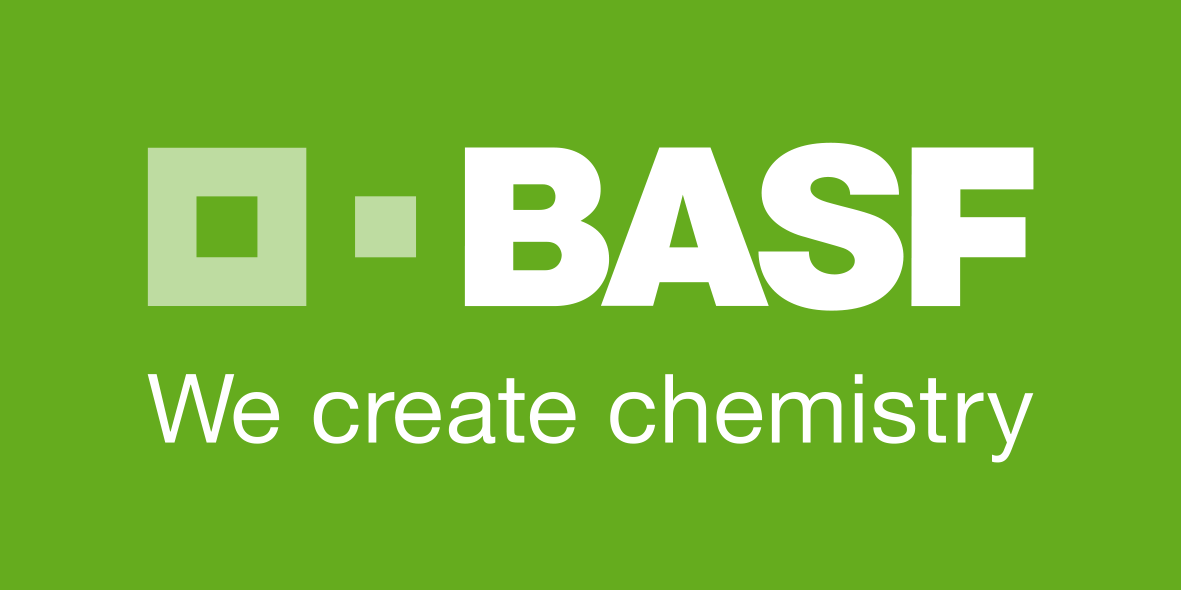BASF Receives European Water Stewardship Certificate
First chemical site with certification for sustainable water management
Published 05-03-13
Submitted by BASF Corporation
BASF is the first chemical company to achieve gold-level certification according to the European Water Stewardship (EWS) standard for its production site in Tarragona, Spain. In order to attain this certificate, auditors of third party certification body TÜV Nord Integra assessed the entire water management performance of BASF's production site, from extraction of water at its source to its reintroduction in downstream water bodies. The European standard was developed by governments, businesses and NGOs under the leadership of the independent organization European Water Partnership (EWP) and became effective at the end of 2011.
The application of the EWS standard aims to lower the quantity of water used by companies and farms while simultaneously safeguarding the integrity of local ecosystems within the vicinity of the site. The assessment includes more than 50 indicators, addressing the four principles of water stewardship: sustainable water abstraction, ensuring good water status, protection of high conservation areas and equitable water governance. Amongst others, the assessment requires a water recycling strategy and a cohesive crisis management strategy to be in place. "The Tarragona site fulfills the required criteria and receives the gold certification," said Friedrich Barth, Vice-Chairman of the EWP. The production site is certified for a period of three years, during which water management on-site is inspected annually. Bart Maes, General Manager of TÜV Nord Integra congratulated BASF as international company with awareness of the utmost importance for water as a restricted resource of the future.
BASF uses water as a coolant, solvent and cleaning agent, as well as directly in chemical production. The company has implemented the standard in order to promote its global water goals. By 2020, BASF wants to reduce the withdrawal of drinking water from supply sources for production by half compared with 2010. The emissions to water of organic substances and nitrogen are to be reduced by 80 percent, the emissions of heavy metals by 60 percent, compared with 2002.
BASF aims to improve its sustainable water management even further. In regions considered to be "water-stressed," more than 60 percent of the naturally available water sources are exploited by humans. In total, 20 percent of all BASF sites, including Tarragona, are located in water-stressed areas. Last year, BASF abstracted around 7 percent of its worldwide water supply from these areas. "By the year 2020, we want to introduce a water management following the EWS standard at all sites where water is scarce," said Dr. Ulrich von Deessen, head of BASF's Competence Center Environment, Health and Safety.
About EWS
The EWS is a cohesive system for business and agriculture to assess, improve, and communicate sustainable water management practices. EWS includes a standard, a certification, and communication scheme that make "business sense" for adherents by mitigating physical, regulatory, and reputational water-related risks and offering tried-and-true steps to secure water availability for the future. Assessment of water use according to EWS requirements takes place via an on-site audit conducted by a EWS Approved Certification Bodies (CB). The certificate of compliance granted by the CB has full credibility and recognition by the European Union to the water user. The implementation process also provides internal information via training allowing for the establishment of benchmarking and target setting for water management. Incorporating these aspects into a long term site-specific management strategy ensures the longevity of any strategic improvements made. For more information please see: www.ewp.eu/stewardship.
About BASF
BASF is the world's leading chemical company: The Chemical Company. Its portfolio ranges from chemicals, plastics, performance products and crop protection products to oil and gas. BASF combines economic success with environmental protection and social responsibility. Through science and innovation, we enable our customers in nearly every industry to meet the current and future needs of society. Our products and solutions contribute to conserving resources, ensuring nutrition and improving quality of life. BASF has summed up this contribution in our corporate purpose: BASF creates chemistry for a sustainable future. BASF had sales of €72.1 billion in 2012 and more than 110,000 employees as of the end of the year. BASF shares are traded on the stock exchanges in Frankfurt (BAS), London (BFA) and Zurich (AN). Further information on BASF is available on the Internet at www.basf.com.

BASF Corporation
BASF Corporation
BASF is the world's leading chemical company: The Chemical Company. Its portfolio ranges from chemicals, plastics and performance products to agricultural products, fine chemicals and oil and gas. As a reliable partner, BASF creates chemistry to help its customers in virtually all industries to be more successful. With its high-value products and intelligent solutions, BASF plays an important role in finding answers to global challenges, such as climate protection, energy efficiency, nutrition and mobility. BASF posted sales of more than €50 billion in 2009 and had approximately 105,000 employees as of the end of the year. Further information on BASF is available on the Internet at www.basf.com.
More from BASF Corporation

